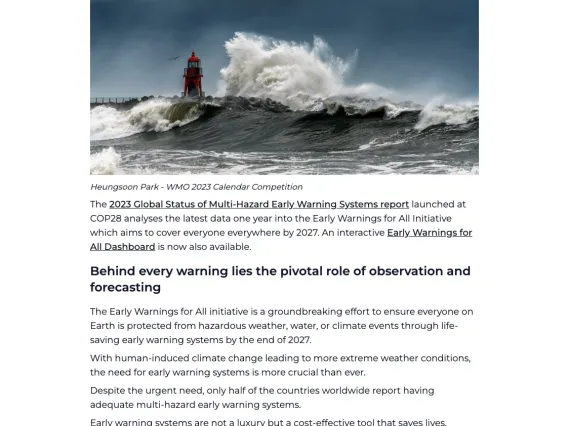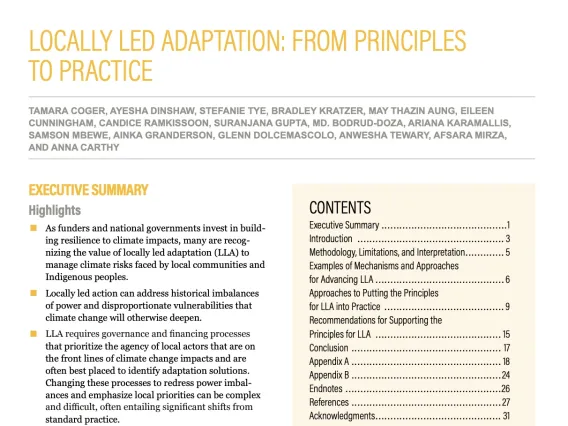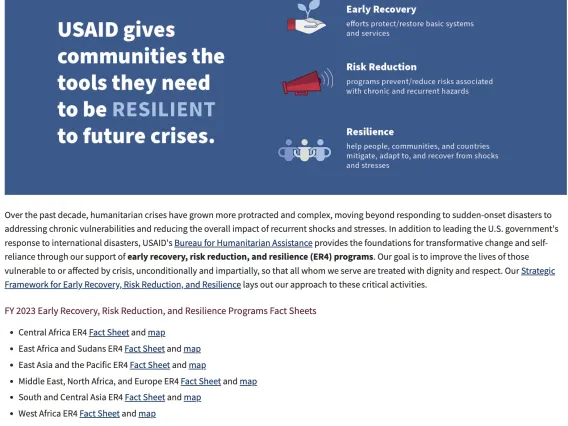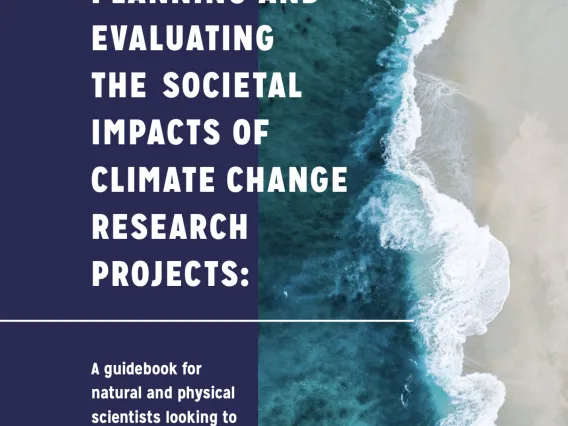Documents
Training Resources
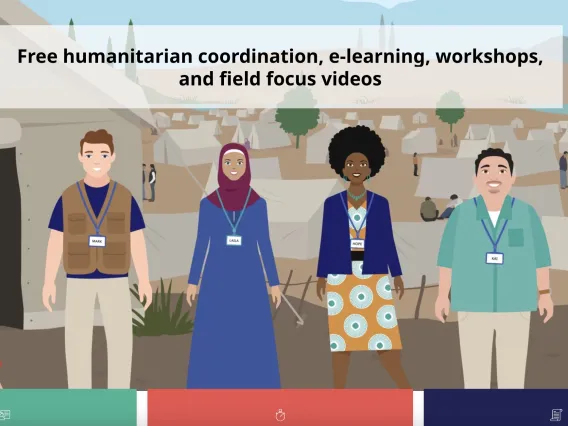
Building a Better Response
Building a Better Response aims to fill knowledge gaps by providing an easily accessible and high-quality online platform, as well as in-person training geared toward NGOs and other humanitarian actors.
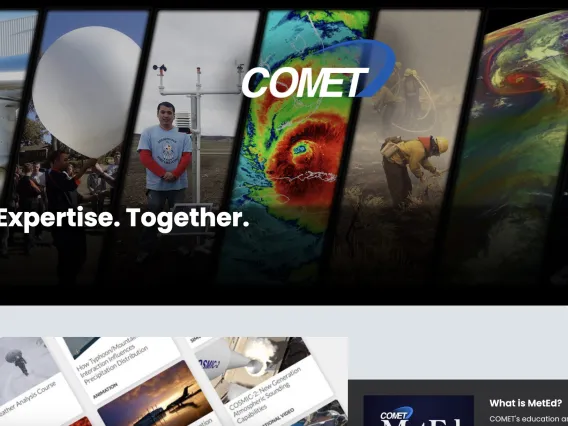
COMET
COMET uses innovative methods to develop training in the environmental sciences, particularly meteorology, but also including areas such as oceanography, hydrology, space weather, and emergency management.
Integrative Risk Management and Humanitarian Support Services
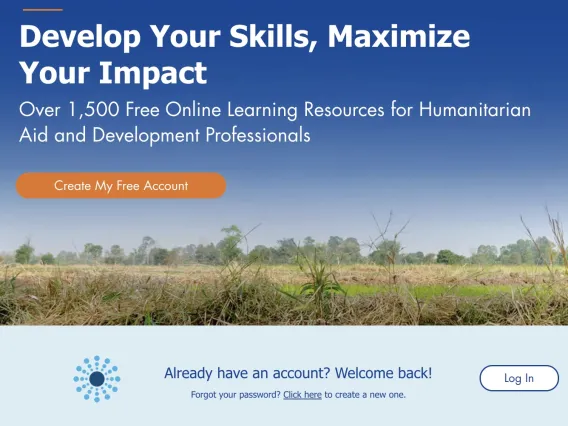
Disaster Ready
Disaster Ready is a signature program launched with a mission to better prepare humanitarian and development professionals for the critical work they do by providing high-quality, relevant online learning resources at no cost.
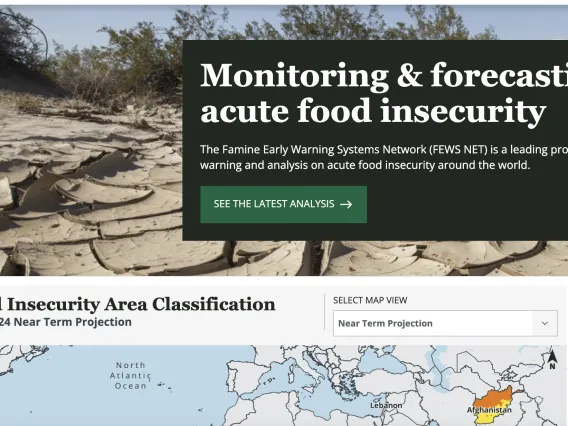
Famine Early Warning Systems Network
FEWS NET, the Famine Early Warning Systems Network, is a leading provider of early warning and analysis of acute food insecurity worldwide.
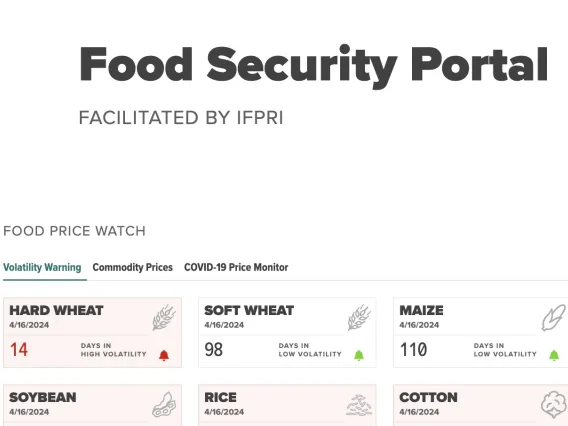
Food Security Portal
The Food Security Portal (FSP), facilitated by IFPRI and supported by the European Commission, provides up-to-date data and information about the world food system's dynamic developments. The portal provides key data to monitor food security situations and food prices and tools for policy analysis and capacity development.
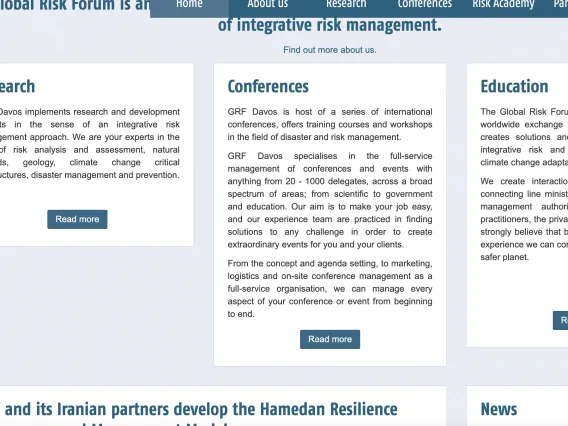
Global Risk Forum
The Global Risk Forum promotes the worldwide exchange of expertise, creates solutions, and fosters good practices in integrative risk management and climate change adaptation.
Humanitarian Response
Humanitarian Response is a specialized digital service of the United Nations Office for the Coordination of Humanitarian Affairs. It is a central website for Information Management tools and services, enabling information exchange among operational responders during either a protracted or sudden-onset emergency.
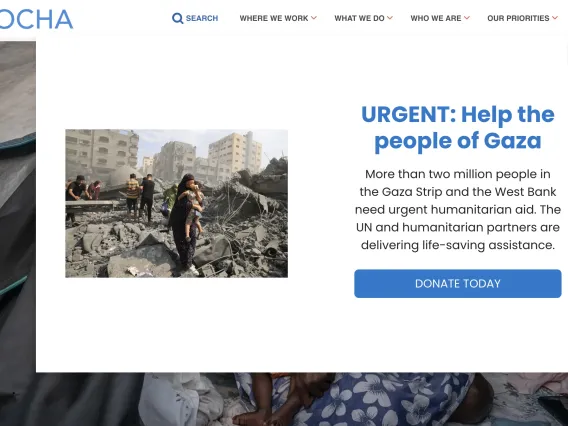
OCHA | United Nations Office for the Coordination of Humanitarian Affairs
Provides an overview of OCHA's mandate, its leadership, and how it is funded. It also includes a detailed section on OCHA's flagship and thematic publications and the Agenda for Humanity - a plan put forward by the UN Secretary-General calling on global leaders to stand up for our common humanity and reduce humanitarian suffering.
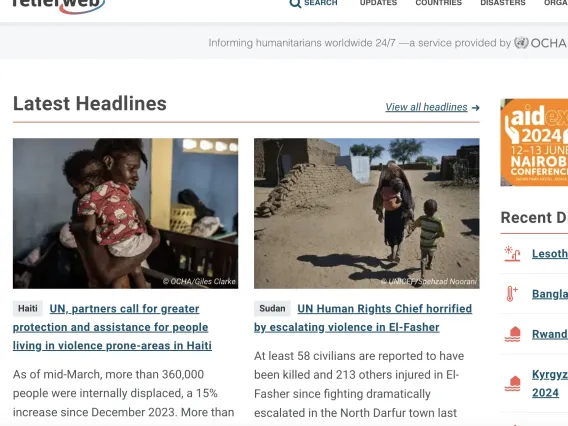
Relief Web
Relief Web is a humanitarian information service provided by the United Nations Office for the Coordination of Humanitarian Affairs. Relief Web is also a valuable resource for job listings and training programs, helping humanitarian organizations to disseminate career and training opportunities to a global audience.
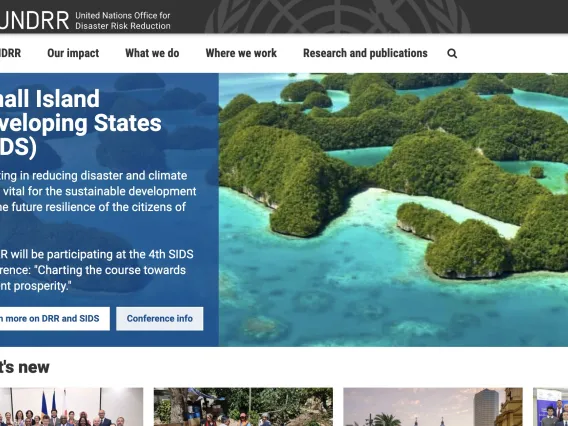
United Nations Office for Disaster Risk Reduction, UNDRR
UNDRR (formerly UNISDR) is the United Nations' focal point for disaster risk reduction. UNDRR oversees the implementation of the Sendai Framework for Disaster Risk Reduction 2015-2030, supporting countries in its implementation, monitoring, and sharing what works in reducing existing risk and preventing the creation of new risk.
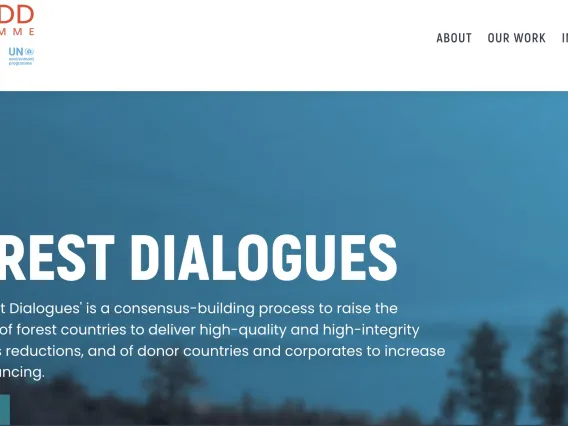
UN-REDD Programme
The UN-REDD Programme is the United Nations Collaborative Programme on Reducing Emissions from Deforestation and forest Degradation (REDD+) in developing countries. The Programme was launched in 2008 and builds on the convening role and technical expertise of the Food and Agriculture Organization of the United Nations (FAO), the United Nations Development Programme (UNDP), and the United Nations Environment Programme (UNEP).
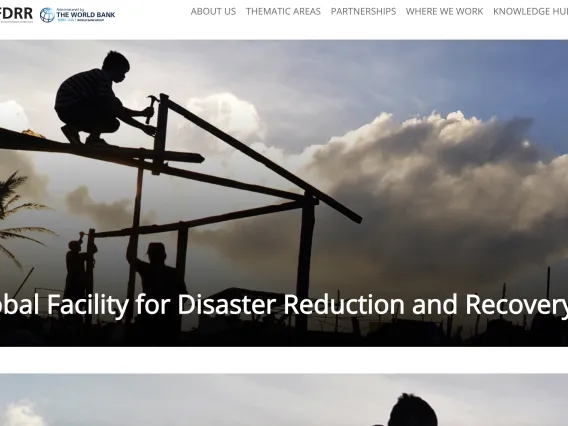
Global Facility for Disaster Reduction and Recovery
The Global Facility for Disaster Reduction and Recovery (GFDRR) is a global partnership that helps developing countries better understand and reduce their vulnerability to natural hazards and climate change. GFDRR is a grant-funding mechanism, managed by the World Bank, that supports disaster risk management projects worldwide.
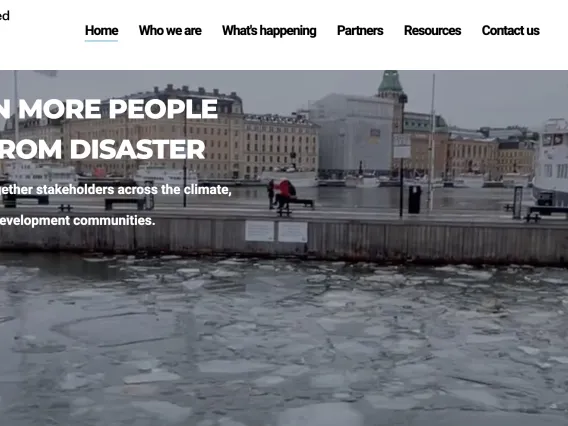
Risk-Informed Early Action Partnership
The Risk-informed Early Action Partnership (REAP) brings together an unprecedented range of stakeholders across the climate, humanitarian, and development communities with the aim of making 1 billion people safer from disaster by 2025.
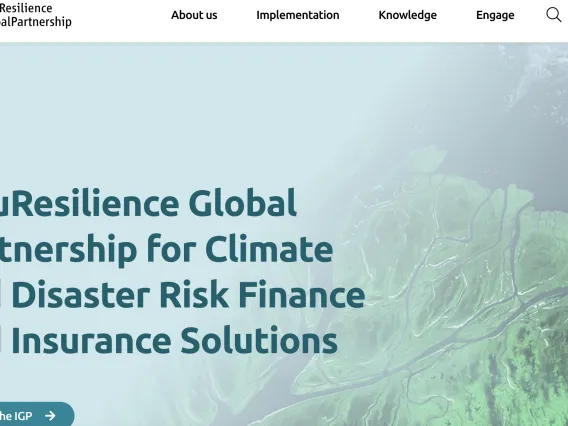
InsuResilience Global Partnership
The InsuResilience Global Partnership for Climate and Disaster Risk Finance and Insurance Solutions was launched at the 2017 UN Climate Conference in Bonn. The Partnership aims to strengthen the resilience of developing countries and protect the lives and livelihoods of poor and vulnerable people against the impacts of disasters.
Data Resource Centre
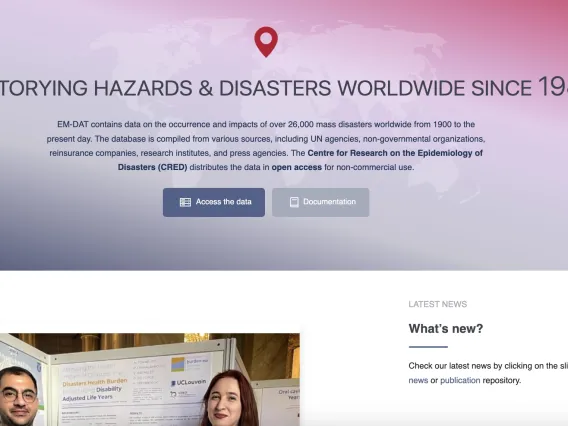
EM-DAT | The international disasters database
EM-DAT provides an objective basis for vulnerability assessment and rational decision-making in disaster situations. In addition to providing information on the human impact of disasters - such as the number of people killed, injured, or affected - EM-DAT provides disaster-related economic damage estimates and disaster-specific international aid contributions

